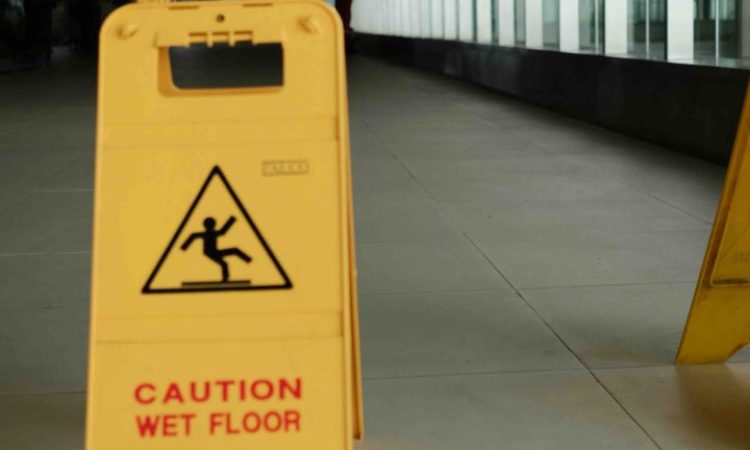What are the current rules on tenancy deposits?
Since April 2007, landlords have been obliged to protect any deposit taken from a tenant by placing it in an authorised tenancy deposit scheme. Once the deposit has been placed in the scheme the landlord must serve a notice upon the tenant, providing the tenant with confirmation that the deposit has been protected and details of which scheme the deposit has been placed into.
The rules brought into force in 2007 were amended by the Localism Act 2011. The rules which are now in force require a landlord that takes a deposit to do the following:
The Landlord must protect the deposit by placing it/registering it with an approved tenancy deposit scheme within 30 days of receiving the deposit.
In addition, within 30 days of taking the deposit, the landlord must serve upon the tenant the prescribed information which confirms when the deposit was protected and with whom the deposit is protected.
If the Landlord fails to comply with the rules, there are serious consequences. Firstly, the tenant will be entitled to bring a claim to the courts to seek an order for the return of the deposit, together with an order that the Landlord pays the tenant a penalty sum of between 1 and 3 times the deposit. The court will decide whether the deposit should be returned and will assess the amount of the penalty sum, at its discretion. The Landlord can defeat such a claim by returning the deposit before a claim is brought (or offering the return of the deposit).
Section 21 Notice
In addition, the Landlord will not be entitled to rely upon a Section 21 Notice (a Notice requiring possession of a Property) whilst the requirements set out above are not complied with.
This is important as a Landlord who has let a property to a tenant on an assured shortlhold tenancy is entitled to recover possession of property, on a no fault basis, by serving a notice that complies with Section 21 of the Housing Act 1988. The Landlord does not have to show the tenant has breached the tenancy to recover possession, just that a valid Section 21 Notice has been served. The requirements of a Section 21 Notice are quite complicated and a tenant should always obtain specialist legal advice on whether a notice is valid.
If the deposit has not been protected OR the prescribed information has not been served upon the Tenant, the Landlord cannot recover possession under a Section 21 Notice. Therefore, if the Landlord tries to recover possession under a Section 21 Notice, it is crucial for the Tenant to consider whether their deposit has been protected, and whether the prescribed information has been served; if not, they will be able to resist the claim for possession.
For more information or advice on possession claims, contact us in Nottingham or Mansfield.
Request a CallbackRelated Articles
-

Putting Our Clients First: Personal Injury Support You Can Trust
At Hopkins Solicitors, we understand that being injured, whether at work, in a public place, or on someone else’s property,…
-

When Real Life Goes Wrong at Work
Staying Safe and Getting Justice Accidents at work remain a pressing legal and social issue in the UK. Despite decades…
-

Accidents at Work Your Right to Claim Compensation
Accidents at work happen far more often than many people realise. Every year, thousands of employees across the UK are…